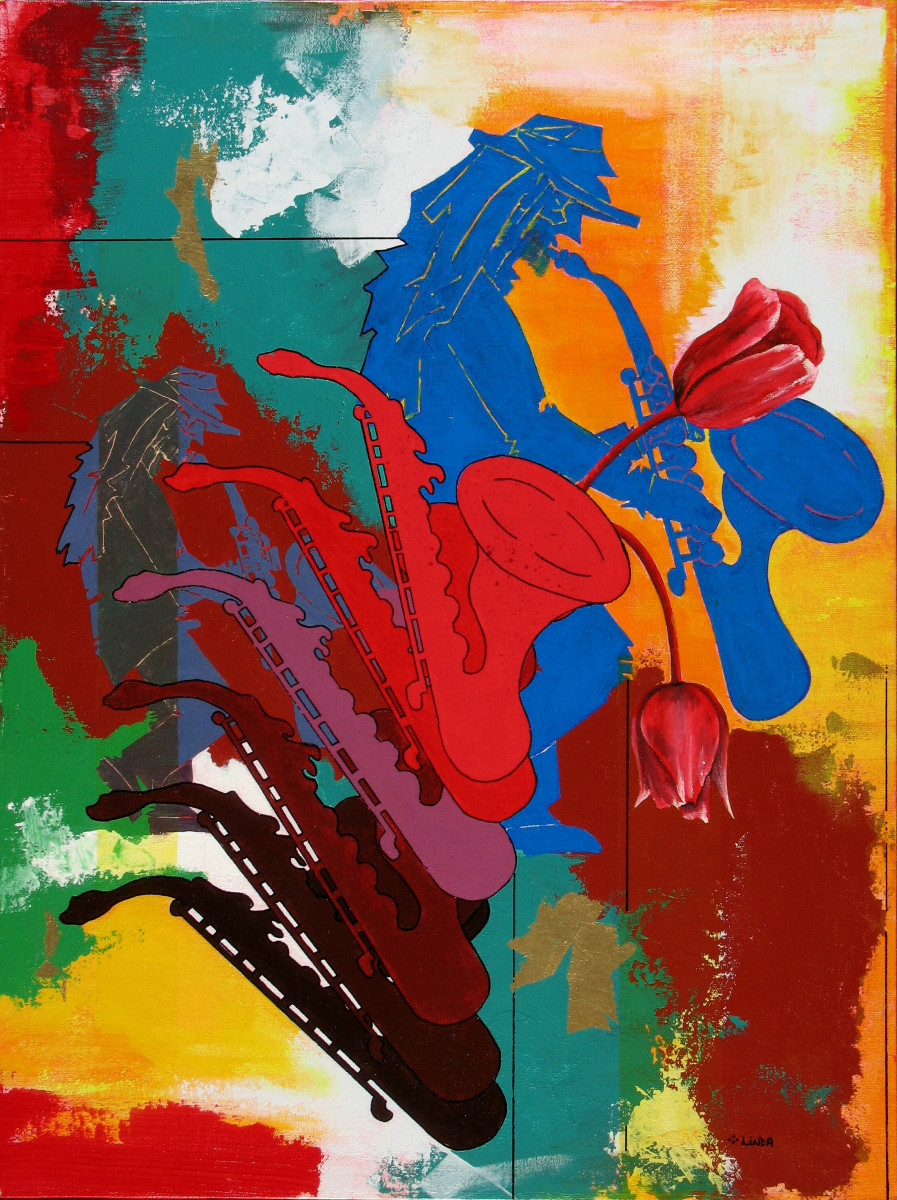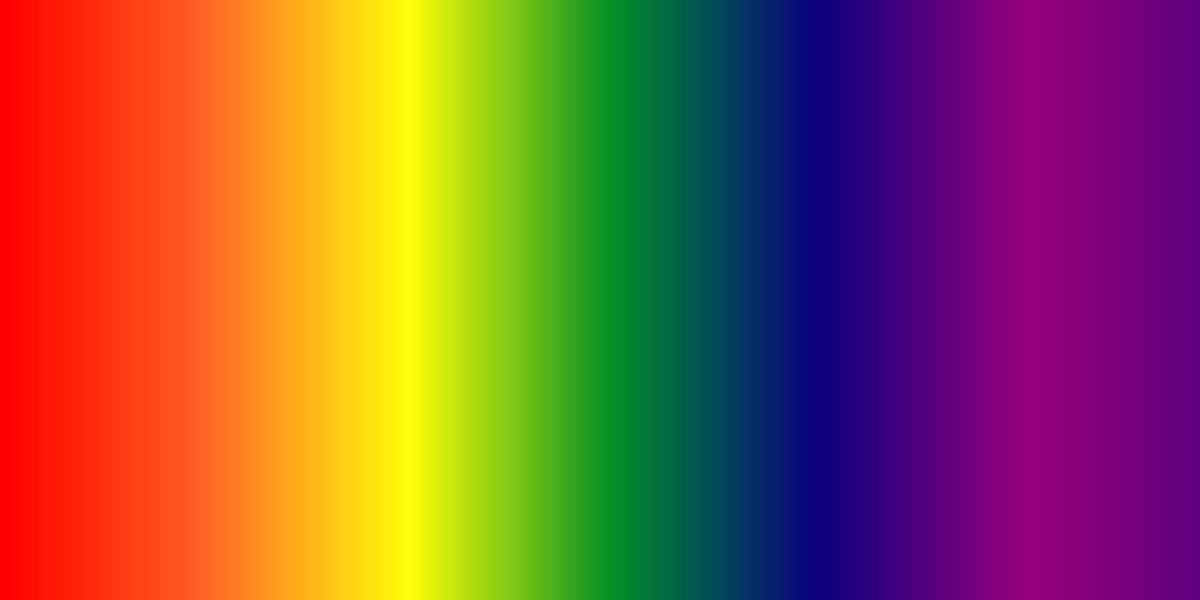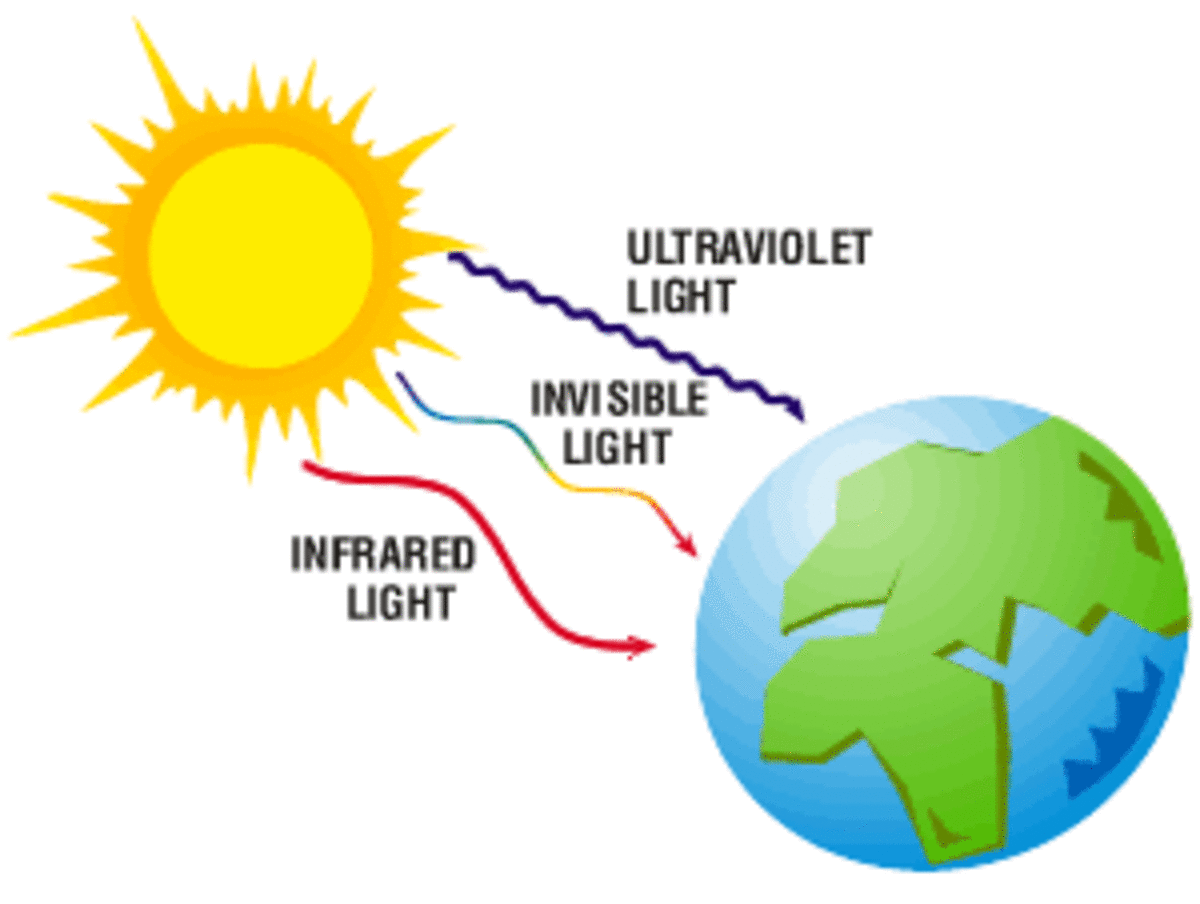Apples and Strawberries are Yellow, Bananas are Blue

No, I’m not crazy and I don’t have any disorders related to distinguishing colors. The thing is, perception is everything in our lives, we see something, we process it, and we come up with different results. When I see an Apple I see something Red, harmeless, that can be eaten, and that is it. But how can we tell whether my perception is the same as everybody’s else’s.
We can all agree that apples are red, oranges are orange, bananas are yellow and watermelons are green, but does not alter the fact that colours are an illusion. When our eyes perceive ‘color’, whether it is the colour of a chair, a TV, a book, it is actually perceiving the electromagnetic spectrum, which our brain associates with colours. This being said, there is no way I could possibly know or observe which colour your brain is associating with what we are seeing. If I wanted to say that a wall two people are looking at is the same colour, I could, but I can’t say those two people are perceiving the same colour.
Lets put it this way:
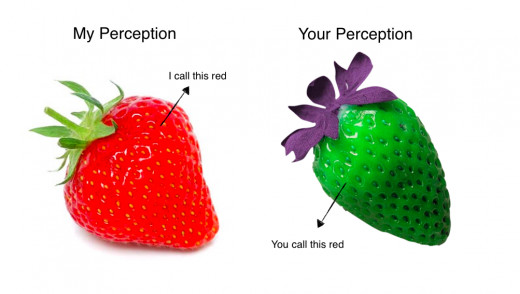
In the image above you see two strawberries. Imagining they are the same, there is a representation of two different perceptions of the color red (My red and the other’s red). How can we not notice such difference if its so clear? Well, that is because I call red the color of the first strawberry and green to the strawberry on the right, but the other person perceives as red what I perceive as green, but I learnt to call it red and so did he or she, even though I don’t see it as red but green. We don’t know this problem because the communication is effective, I call it red, he or she calls it red, so we move on with our lives, without really knowing that we are perceiving something different but that we call the same.
You can think it this way too, imagine you go to the camera app in your phone, the default filter is No Filter, you see things in your camera as they are for you, you see green leaves and a blue sky. Imagine that is your perspective. However, another person sees the world with another effect, he or she sees the world in the effect “instant”. Although there is a difference if you were able to compare, communication isn’t distorted because, despite this differences, each person sees what is normal for them and so they call it what they have been taught.
The reason is that you learn by experiencing and not by explanation, parents or teachers show a color to children and teach them what they see. The teacher might have a yellow flash card and say “this is yellow”, so all children register that. Again, one of the children sees yellow as the teacher’s violet (or blue or green), but he calls it yellow, so when he sees a violet banana (from the teacher’s perception of the color) he says it is yellow, and the teacher sees it yellow too – no communication distortion.
Quick Quiz
view quiz statisticsThis inability to express a colour we perceive can be applied to other things we perceive and feel. For example pain. Imagine you meet someone with Congenital Insensitivity to Pain (CIP). CIP is a rare medical condition in which a person cannot feel any kind of pain (insensitivity) or that can feel pain but won’t react to it (indifference). Let’s say this person can’t feel any pain at all, that has insensitivity; how could you explain that person what pain is? Even if you could manage to explain every single and tiniest cell movement and chemical reaction produced in your body when you feel pain, that person with CIP could never truly know what it is like to feel pain. A proper word to describe this inability is Qualia.
Qualia is a philosophical term that expresses this inability to explain a physical phenomenon. We cannot express pain to another person and let them feel pain if they cannot just as much as we cannot explain a colour to a blind person and he being able to perceive it. Here is a video from TommyEdisonXP YouTube Channel, a blind man who talk about what blind is like, and how he has no concept of what colour is:
In case you skipped the video, he talks about how weird the concept of colour is, and people try to explain it but they fail constantly. For instance they say that a particular colour is related to a certain smell, and of course he does not understand whatsoever and others say things like “Red is Fire”, but again, as he has never seen anything, how could he possibly associate fire to red or absolutely anything to a colour.
Lets do a challenge, if you manage to just think of a new colour I’ll give you whatever I have in my PayPal account. That’s right, you can’t. We are not able to just think of a new colour, because we only know colours when we see them, when we experience them, when we perceive them in our brain. Some philosophers agree that Qualia is not something permanent – this means that language would be the limitation, and that maybe in the future we will create a language that will allow as to name a colour and this colour will pop up in our brains, without even seeing it, ever.
It is a lot to process, but it is amazing to think of the many cases of the inability to share something. Like explaining sound to a deaf person or a smell to an anosmic person. And you don’t necessarily have to have a medical condition, apart from explaining colours, we can agree a chocolate milkshake is great, but we can never truly show the other person what we taste and feel while drinking this beverage.
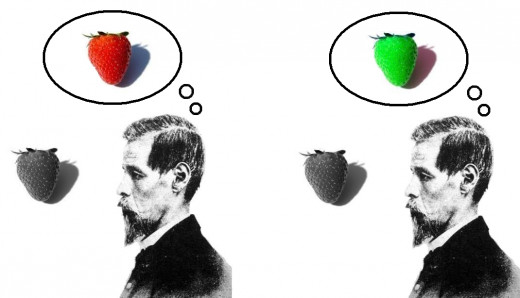
Sometimes we might thing something is crazy. Our minds are programmed to learn and discover, but sometimes we don't accept that new ides, because change is dangerous. Of course we are talking about something smaller and harmless. But give yourself a minute to think a little bit about this. Maybe talk to someone else and discuss the possibilities of finishing with Qualia.
Do you think we will be able to create a language structured enough to be able to explain colours, feelings, flavours, smells, and many more things we are unable to? Do you think that is way too hard and that will never be achieved? Let me know what you think about this, and let me know if my explanation was clear enough! (It is quite hard to digest).



